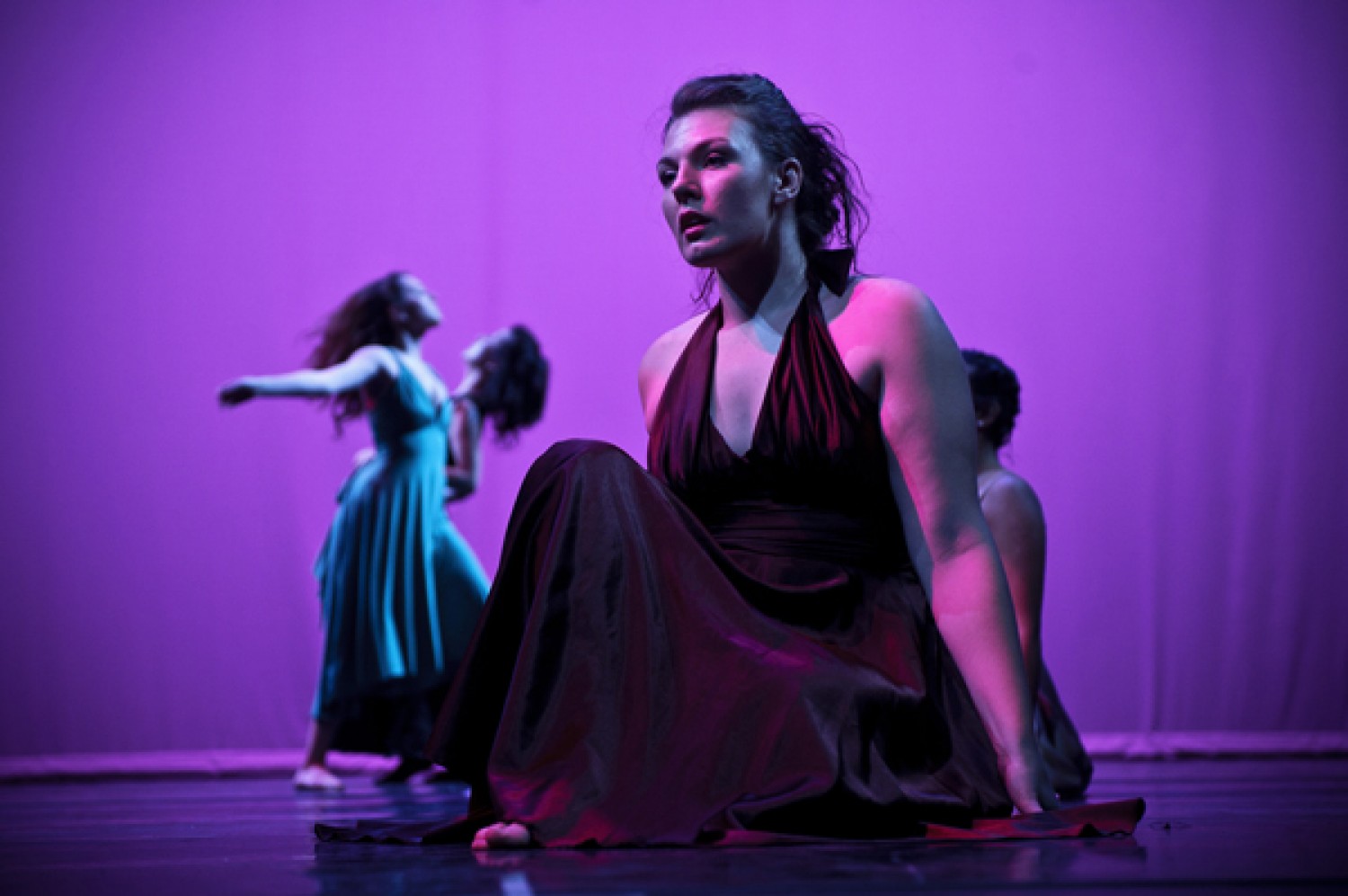Your Ideal Instructor: Emotional

“Hm… That just doesn’t feel right to me.” “You need to bring your character into the dance more.” “If you behave confidently, you will become confident.” If any of that sounds familiar, you’re likely learning from an emotional instructor.
Dance is often described as a combination of motion and emotion – and emotional instructors focus on the latter to create authentic movement. Simply dancing a step isn’t enough: They may ask you to “make me BELIEVE it.”
So, why do you care? Well, emotionless dancing is a bit like emotionless acting – boring. Over and over, I’ve seen that the dancers who draw the most attention, the most partners, the focus of the cameras… did it through their passion, far more than their ability (although that helps too). Let’s look at what these emotive teachers have to offer.
Pros
Dancing isn’t simply about looking good – it’s about feeling good too. While many instructors may hesitate to teach this vital aspect, emotional instructors excel at bringing genuine emotion into the dance, whether that be joy, lust, longing or rage. Oh, and letting all those bottled emotions out can be REALLY cathartic.
Does dancing publicly make you feel vulnerable? Not to worry; emotional instructors will remind you that it’s not really you other students are seeing… It’s your dancing persona. Picturing yourself as playing a character helps you get out of your head, and creates a barrier between you and the criticism of others.
Emotional instructors tend to be very empathic as well, so if you’re in a bad mood, they’ll spot it immediately. This allows them to be supportive in the lesson, while still pushing you to do your best. Many friendships can be formed between students and emotive instructors this way.
Cons
If you understand a movement through it’s mechanics, explanations in emotional terms can be confusing! You may find yourself asking your teacher: “Can you just SHOW me where to put my feet?” or, “just TELL me where to hold my arms.”
Ironically, putting you in the position of playing a character can make some feel more vulnerable, not less. If you’re used to keeping your true feelings hidden away, learning from an emotional instructor can be a real test in bravery.
Also, learning to express yourself emotionally can sometimes stir up negative feelings you didn’t know were there. While experienced instructors will set up boundaries to respect your feelings and support you through them, it can still be a painful process, especially if you currently face challenges at work, home, or elsewhere.
In short, emotional instructors are well-suited for those who love getting out of their skin and playing a character when they dance. They are also a good choice for well-adjusted students looking to connect with their emotions in everyday life. If that’s the kind of instructor you’re looking for, contact us here and ask to be set up with one!
Moving on, we’ll explore the methods of kinesthetic instructors next week.
About the Author
Ian Crewe has been dancing ballroom for over 18 years, and has a Licentiate in American smooth and rhythm. His passion for dance eventually led him to blogging and the World Wide Web. Ian currently teaches at the Joy of Dance Centre, Toronto, ON, Canada.

